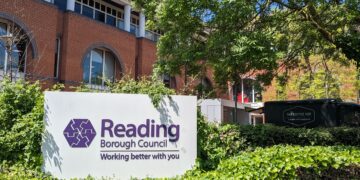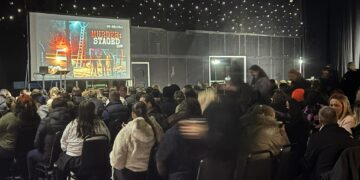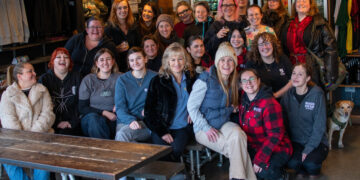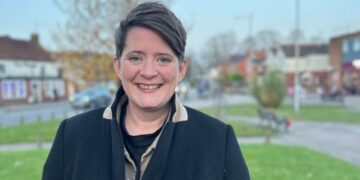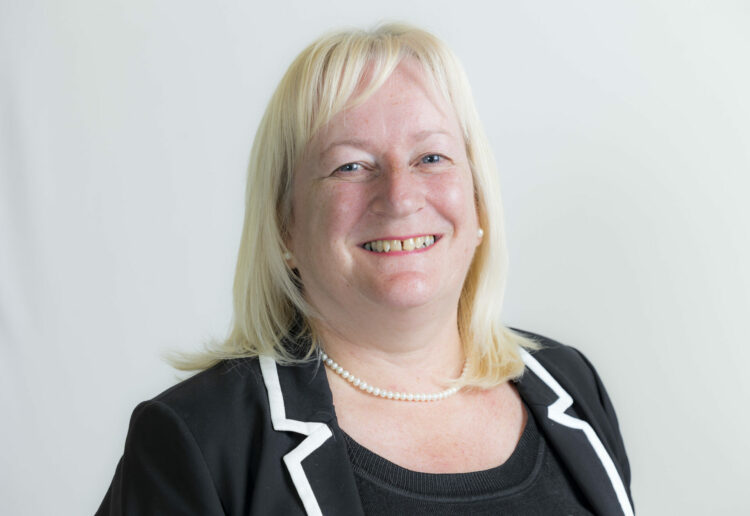At the end of February we revealed our figures from the latest rough sleeping count, which took place on Wednesday 20 November 2024.
The count is conducted nationally across all councils in England to provide a snapshot figure conveying those rough sleeping on a typical night. Nationally the number of people this estimated to be sleeping rough on a single night in autumn 2024 was 4,667 – up 20% on 2023, and a rise for the third year in a row.
Our count in Reading coincided with our Severe Weather Emergency Protocol (SWEP), providing an inflated official figure of 57 individuals. With SWEP active a truly representative count was impossible to achieve with difficulty in differentiating between those actually found and those reasonably expected to be found. Some people who would be expected to be found were already being accommodated under SWEP, and more people who rarely sleep rough were choosing to do so to ensure verification by outreach teams to receive an offer of paid nightly accommodation rather than sofa surfing or staying with family or friends.
A more representative figure of the rough sleeping picture in Reading is 42 people sleeping rough, which comes from average monthly snapshot figures taken six months prior, an increase of six people from the official 2023 count figure of 36 people.
11 of the 57 people in the official count had no confirmed local connection to Reading, meaning they should be approaching their own local authority to explore housing options but are not engaging with them. 22 others had an unknown or unresolved immigration status which is preventing them accessing employment, benefits and housing. A national mandate means we can’t use legislation or grant funds to assist or support those without recourse to public funds, making it difficult to reach and support this cohort of people rough sleeping.
However, you look at it, both nationally and locally, tackling rough sleeping needs more attention and resources. We recently welcomed £133,011 of additional funding from the Ministry of Housing, Communities & Local Government to support people in housing crisis and prevent homelessness and rough sleeping. This follows two previous waves of funding to provide targeted support.
We work all year-round with commissioned and charity sector partners including Launchpad Reading, The Salvation Army, St Mungo’s and YMCA Reading. With them, we provide over 250 spaces of accommodation with support, and have productive partnerships with local faith, voluntary and community sector organisations who provide additional support, often through the provision of food and clothing, or warm spaces.
You may be asking how you can also do your bit to help those rough sleeping, and if so then there are two pieces of advice I can offer that can make a big difference.
Firstly, in January we launched Tap for Reading, a scheme to ensure donations from the public reach those most in need whilst helping to deter begging on the streets. We want to encourage people to change their method and desire to help the homeless by giving online or at a number of card tap points around the town centre rather than direct to those begging. Not all people begging are homeless – many have access to accommodation which means when you give to them, you’re not necessarily helping those most in need.
Residents can donate online at www.reading.gov.uk/tapforreading or at tap point locations including The Oracle, Broad Street Mall and Reading Station with donations divided equally between the four charities involved in Reading’s Homelessness Partnership – Launchpad Reading, The Salvation Army, St Mungo’s and YMCA Reading – to provide practical support to people who are, or have been, rough sleeping in Reading.
Secondly, if you see someone rough sleeping, please go to www.thestreetlink.org.uk to notify our local Street Outreach Service of their location so that the teams can visit them and offer support.
Together we can help give those rough sleeping the help and support they really need.
Cllr Lix Terry is the leader of Reading Borough Council



